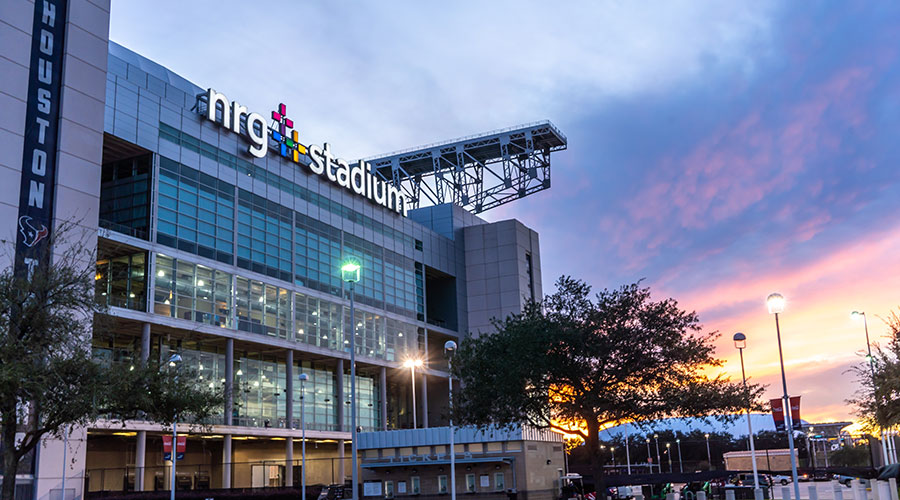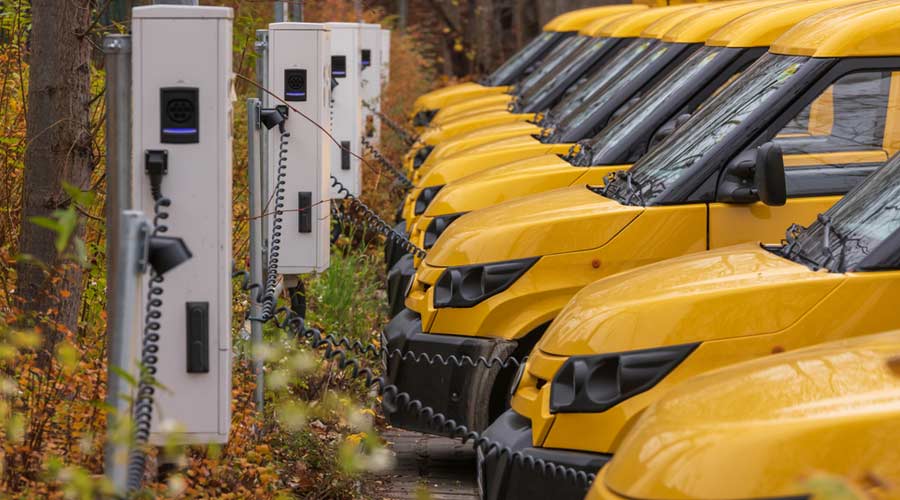Green Operations in Multi-Tenant Buildings Require Solid Planning, Tenant Buy-in
Green operations in any facility require good planning, support from upper management, and an organizational commitment to ensuring that the work continues after the initial burst of enthusiasm. After all, commissioning or retrocommissioning can be a great way to save energy, but if the equipment isn't operated efficiently afterwards, the savings won't reach their full potential.
Throw in multiple tenants and the variables go from algebra to calculus. While, for the most part, property management will have control over a lot of the big-ticket items, such as HVAC, there are things that are usually out of the PM's control, such as the type of lighting and how it's used or whether PCs are turned off at the end of the day or not. Even areas such as HVAC offer challenges due to differences in what tenants are demanding. To combat this, those who have had to figure it out the hard way have some advice for undertaking or improving sustainability efforts in multi-tenant buildings.
The first thing to remember is this: "You want zero complaints from tenants, right?" says Allan Skodowski, senior vice president, LEED and sustainability, Transwestern. "Well, zero complaints comes with a cost."
So property managers find themselves in a bit of a Catch-22: Sustainability efforts can be derailed if demanding tenants cause the building's operating staff to break from the routine, but not meeting tenant requests is a really good way to lose tenants. A careful balance is required to make sure that sustainability, tenant satisfaction and budgetary restrictions are all taking into consideration.
The best way to strike that balance is to make sure that everybody involved knows what sustainability means, says John Bergman, director, real estate management, Terrus Real Estate Group. He says he accomplishes that by asking the building owner to help define what the program will encompass, and that becomes the basis for any accommodations made for tenants.
"Does it mean building materials that have a certain kind of life, does it mean energy savings, does it mean handling trash and recycling in a way that's friendly to the environment?" says Bergman. "Does it mean lawn and landscape is handled in such a way to minimize water use and fossil fuel use from mowing and trimming? I don't know if I've ever run into two people to whom sustainability means the same thing."
Regardless of whether you're trying to show tenants, ownership or staff just how sustainability can pay off, the one constant is education. Whether it's educating staff on when to start the building, ownership on how a low or no-cost investment can offer big returns or tenants on what they can do to help, there are ways to teach all the stakeholders how to do their part to make sure that sustainability is an ongoing success. Starting with a comprehensive plan that helps shed light on exactly what will be involved is a good first step.
Related Topics:














